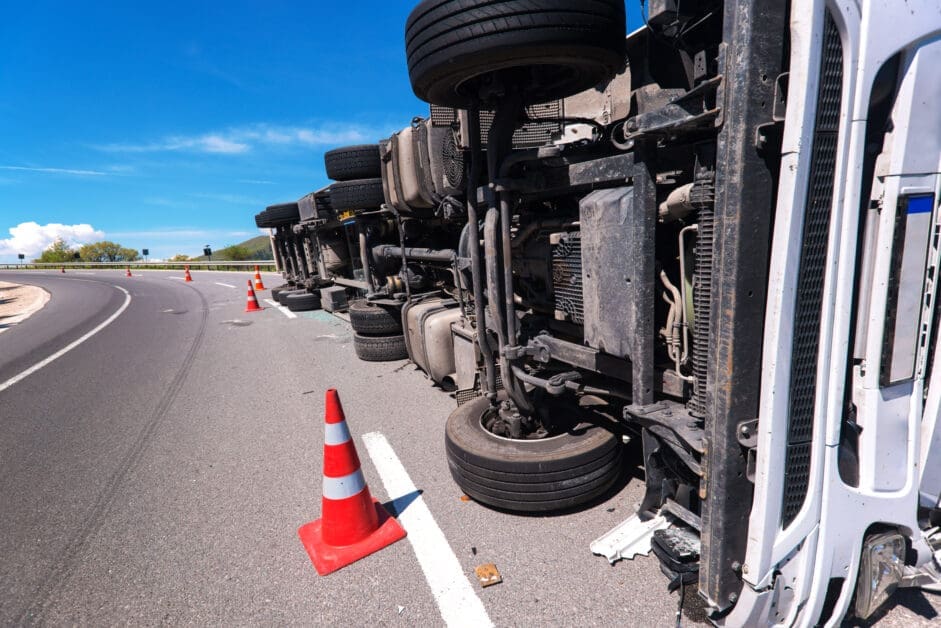What to Know About Liability in Truck Accident Cases
Pittsburgh’s roads tell a story of constant motion — from the trucks hauling goods through its industrial corridors to the commuters navigating the city’s steep hills and narrow bridges. As a major hub for transportation and commerce in western Pennsylvania, heavy truck traffic is a daily reality here. While these vehicles keep the city’s economy moving, their size and weight can turn a single moment of negligence into a devastating collision. For victims, the aftermath often extends far beyond vehicle damage — bringing serious injuries, lost income, and emotional distress.
Determining who is responsible in such complex cases can be challenging, especially when multiple companies, drivers, or contractors are involved. That’s why working with Pittsburgh truck accident legal experts can make all the difference. They understand the local roads, federal trucking laws, and insurance dynamics — helping victims uncover the truth, establish liability, and pursue fair compensation with confidence.
Who Can Be Held Responsible?
Liability in truck accidents is rarely limited to the driver alone. A crash can potentially result from several actions of numerous parties. The driver may have committed an error during the operation of the vehicle. You may also hold the trucking company accountable for hiring incompetent employees or failing to adequately maintain their trucks. There are situations where manufacturers could be held liable, such as if a mechanical defect caused the collision. Also, cargo loaders may share liability if their actions result in an unsafe load.
Factors That Influence Fault
Several factors can influence the case when determining who is at fault. At the time of the accident, investigators examine driver behavior, vehicle condition, and road conditions. Fatigued or distracted driving is often a factor, as well. Moreover, the actions of other drivers may also be a contributing factor. These elements are crucial in establishing who bears primary responsibility for the damages or injuries caused.
Vicarious Liability – An Employer’s Responsibility
In some cases, trucking companies can be held responsible for the actions of their drivers. Vicarious liability is the legal principle that holds employers responsible for accidents that occur in the course of employment. The company that employs that driver might also share some of the blame if that driver was working at the time. However, if the driver was not performing their job properly, they can be personally liable instead. Each case relies on the specific evidence and the contractual relationship between the driver and the company.
Impact of Regulatory Compliance
Trucking operations are subject to stringent federal regulations governing the driving of large vehicles. This includes rules for serviceable hours, maintenance schedules, and cargo limits. If a company or driver is negligent and has broken the law prior to an accident, they would bear a higher level of responsibility because they were also violating the law. During this review, investigators review compliance records to establish the fact whether safety standards were met. Failure to comply with them can have dire consequences and affect liability decisions.
Insurance Coverage and Compensation
In cases like these, insurance plays a significant role. Commercial vehicle policies often have higher coverage limits than personal auto insurance. In addition, insurance companies review the circumstances of what happened in the aftermath of a crash to determine how much compensation is owed for medical costs, property damage, and many other expenses. The availability or absence of a particular type of coverage will help people set more realistic expectations about how much they can be compensated.
Seeking Legal Guidance
Truck accident lawsuits are complicated as they often involve multiple at-fault parties and complex laws. Seeking professional legal counsel can make a considerable difference. Attorneys provide the benefit of interpreting evidence, negotiating with insurers, and advocating for fair compensation. In such cases, taking timely action helps retain evidence that can be used to support a successful claim.
What to Do Following a Truck Accident
Your actions after a truck accident can significantly affect your case. First, secure the scene and call for emergency assistance if necessary. Moreover, it would be helpful to gather contact information from witnesses and take photographs of the scene. Avoid making any statements about fault, as they can be used against you later. Additionally, keep detailed records of your medical treatments and repair estimates handy; this can be paramount when proving damages occurred.
Conclusion
Several factors contribute to truck accident liability. Determining liability in such cases involves a thorough examination of evidence, regulations, and the behavior of all parties involved. Knowing how the process works enables people to effectively advocate for their interests and seek fair outcomes.















